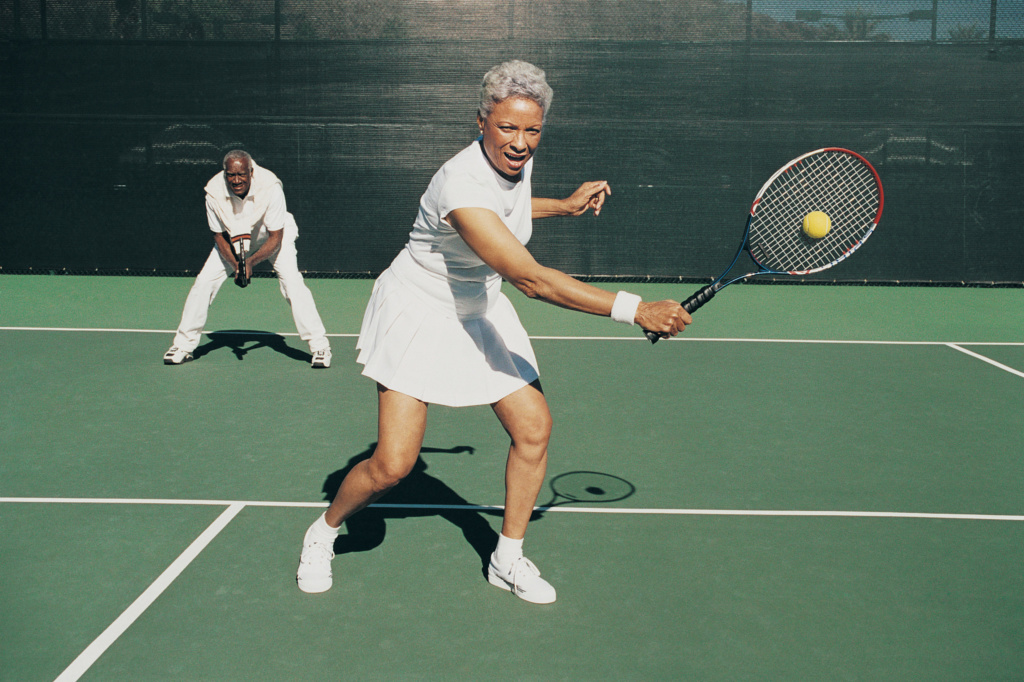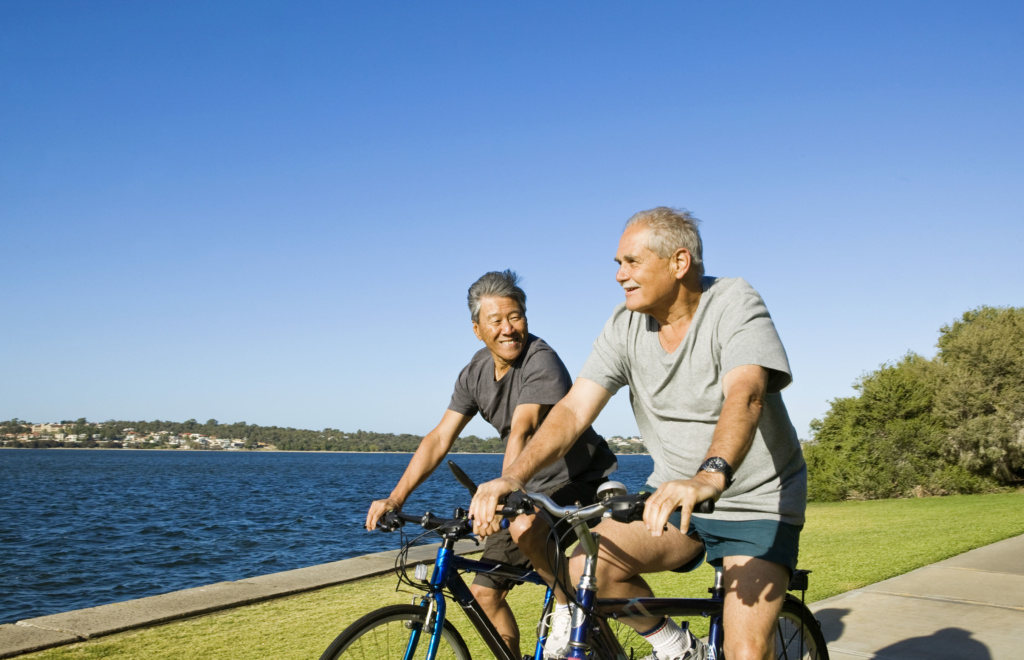Mobility Matters:
Why being able to keep moving without pain is key to growing older – and making life worth living
Article By: Bev Bennett, CTW Features
Biking the countryside, going to the playground with the grandkids or walking with friends are pastimes you eagerly anticipate. But if your physical activities are accompanied by pain you may be opting out of things that would otherwise bring you pleasure. You shouldn’t take that sitting down.
Being inactive makes you vulnerable to health conditions including high blood pressure, diabetes, and obesity, according to Dr. Cynthia J. Brown, director of the University of Alabama at Birmingham Division of Gerontology, Geriatric, and Palliative Care.
It also takes a psychological toll. You’re depriving yourself of enjoyable experiences. “It’s important to get out, see the grandchildren, see the sun,” Dr. Brown says. Although some degree of pain or discomfort is fairly common among older adults, it can be managed.
A physician can help diagnose the cause, recommend strategies for relief, and help you create a plan to stay active. A number of conditions could be to blame, according to Dr. David B. Reuben, Chief, Division of Geriatrics, David Geffen School of Medicine at UCLA, Los Angeles, California.
A visit to your doctor to discuss your condition can include an examination of your hips and knees, an evaluation of your gait as you walk and your medical history. Dr. Reuben reports that his patients’ pain is usually “somewhere in the skeletal system. Hips, knees, or back.” A wide range of remedies, ranging from ice packs and over-the-counter pain medications, to a change in your exercise routine, can make movement fun again.
Is Surgery the Answer for You?
Arthritis is common as people age and you may find yourself paying more attention as your friends share stories about their joint replacement procedures.
However, it won’t necessarily be an early discussion with your physician. “We don’t talk about it for mild pain,” says Dr. David B. Reuben. “Pain is subjective. I tell patients they have to tell me when they’re ready,” says the Archstone Professor of Medicine at UCLA. If you and your physician agree that joint replacement is appropriate what should your expectations be?
Modifying your physical activities may reduce discomfort, according to Dr. Alan M. Reznik, MBA, The Orthopaedic Group, New Haven, Connecticut. Take a shorter stride when you run, change your heel strike when you walk, or slow down on the treadmill, says Dr. Reznik, spokesperson for the American Academy of Orthopaedic Surgeons.
Being engaged may distract you from the pain that accompanies physical activity. “When you’re walking with your spouse, you’re talking, listening and enjoying the company. That helps,” Dr. Brown says.
Non-prescription, anti-inflammatory medications may provide symptom relief if you’re in early stage arthritis, according to Dr. Reznik, author of “I’ve Fallen and I Can Get Up” (Lulu.com, 2012).
Losing weight, if you’re overweight, may decrease the load on your joints and reduce pain. However, Dr. Reuben admits dieting is very difficult for many people. Your physician may recommend physical therapy to strengthen muscles that support the joints. “The stronger you are, the less pain you feel on your joints,” Dr. Brown says.
She also recommends exploring neighborhood programs, such as those at your local Y or senior center. “It’s a lot easier to exercise with friends,” Dr. Brown says.
© CTW Features



